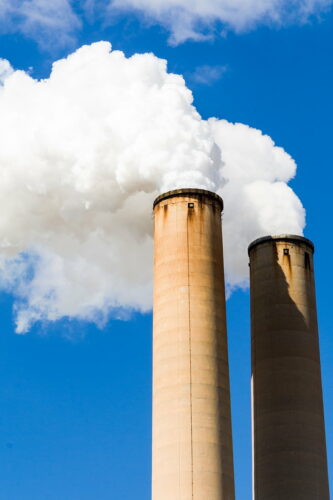Image courtesy of Hippopx.
Wildfires. Heatwaves. Strong precipitation and floods. Extreme weather has been exceedingly common this decade, destroying natural ecosystems and claiming hundreds of lives. Global warming has contributed to its increasing prevalence, according to a new report from the Intergovernmental Panel for Climate Change (IPCC). And this trend will continue in the foreseeable future.
“It is unequivocal that human influence has warmed the atmosphere, ocean, and land,” read the report’s very first finding. Skeptics of climate change prefer to blame natural factors, arguing that there is no need to change human behavior. But scientific evidence has ruled out this fantasy.
The goal of the Paris Agreement was to limit global warming well below two degrees Celsius. Earth is now 1.1 degrees Celsius warmer than it was in the 19th century. Under current policies, the difference will rise to 2.7 degrees Celsius by the end of this century. If rapid and massive measures are taken, however, a relatively cooler future is possible. Adopting more eco-friendly measures, like afforestation and the usage of cleaner energy sources, can cap warming at two degrees Celsius in the late-twenty-first century.
But in an interview with the New York Times, Robert Kopp, a climate scientist at Rutgers University, notes that we shouldn’t view these standards as rigid. “It’s not like we can draw a sharp line where, if we stay at 1.5 degrees, we’re safe, and at two degrees or three degrees it’s game over. But every extra bit of warming increases the risks,” Kopp said.

